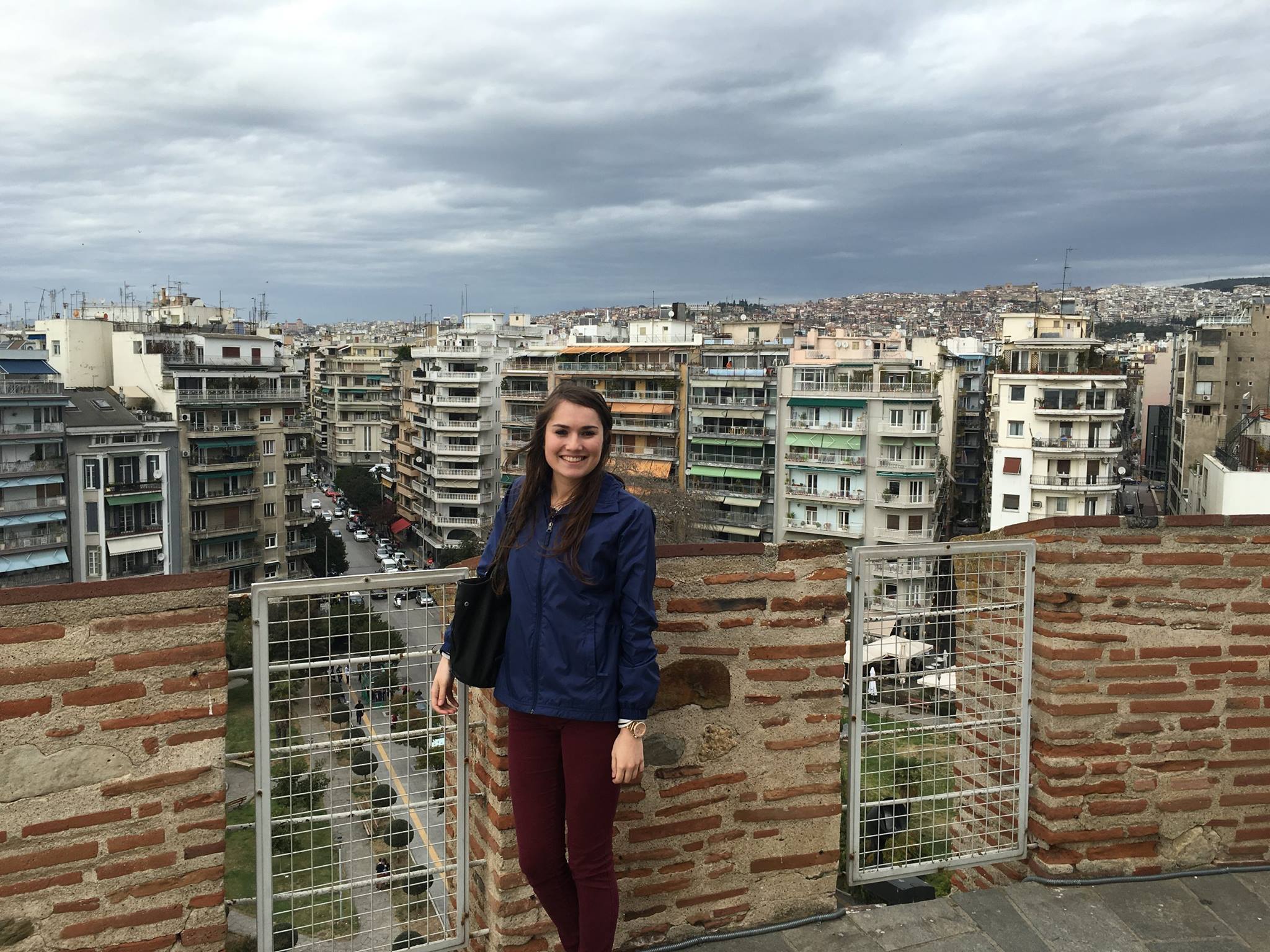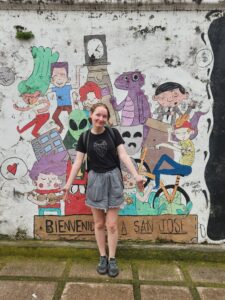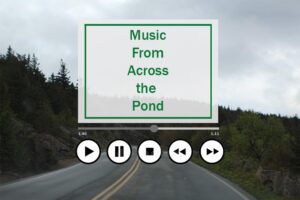
This past week I ventured out of Bulgaria and went to Thessaloniki, the second largest city in Greece, second to Athens. It is in the northern part of Greece, which is not too far from Bulgaria, so I was able to take a bus there with 10 other exchange students, none of whom had ever been to Greece before.
This was only my second time driving across an international border (the other being the U.S.-Canada border) and it was not very difficult or time-consuming. Greek farmers were protesting at the border and were camped out with tractors. They were protesting the Greek government’s plans to increase their tax and social security contributions. They have been at the border most of February, but vehicles are still able to pass, just with some traffic complications.
What I first noticed when we drove into Greece was that much of it resembled Bulgaria, including the condition of the buildings. However, the drive from the border into Thessaloniki was rural with a lot of farmland, which explained the farmers. There were also many mountains, resembling the region of Bulgaria that I am in.
In contrast, Thessaloniki is a huge and crowded city. The houses are all different colors, and sit right next to each other perched on hills, which comprise the whole city. The streets are all extremely narrow and full of cobblestones, and the cars fly down them and around corners on steep hills. It was normal to have to run to the side of the road to get out of the way of a car, if there even could be a “side” of the road because they were so narrow. However, it was so nice to be somewhere that felt more exotic, and finally get to see the ocean for the first time since I arrived in Bulgaria.
There was no beach, as it is a very large city, but we went down to the ocean part where there were also palm trees. This is where the White Tower of Thessaloniki is located, where you can go inside and climb up many stairs. The top has an amazing view overlooking the whole city, and you can really see how crowded it is. Many people also rode around the city on scooters.
As far as food, Greece had some delicious food, but it was overall difficult being gluten-free. There was so much bread in Greece! Bakeries adorned every corner, gyros were everywhere and every restaurant seemed to give out free bread and dessert, much to the excitement of my fellow travelers. However, we were all excited about the free water at restaurants, which is not present in Bulgaria. Also, it was surprising to me that many more people seemed to know English than in Bulgaria, although still not a whole lot.
The nightlife was very interesting in Thessaloniki, as we were trying to navigate a foreign city at nighttime to find the clubs. I opted to wear sneakers to the club because the hostel was located at the top of a treacherously steep hill with cobblestone streets. Many of the clubs and bars played traditional music, and demanded that we buy drinks as soon as we entered, which is different than what we are used to in our college town in Bulgaria.
Thessaloniki was fun, but I was very tired from sightseeing. We walked over the entire city on Saturday, seeing the tourist district, the many souvenir shops, the White Tower, the ocean and the archway and rotunda. We were all happy to go back to using leva as opposed to euros when we got back to Bulgaria, as the lev offers a much better exchange rate than euros.







